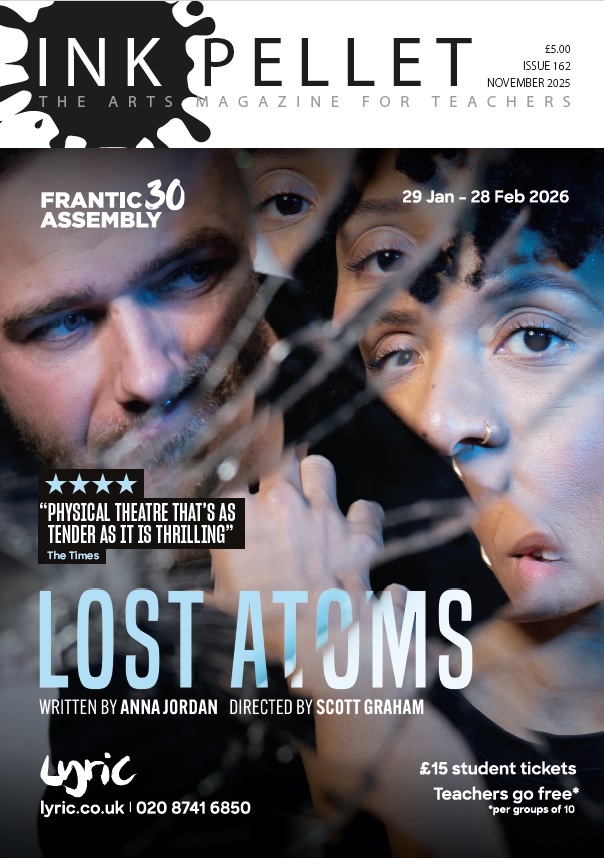One of the interesting things about Romeo and Juliet is that you’re dealing with a play that everyone feels they know. The most famous example of that is the line ‘Wherefore art thou, Romeo?’ which most people think means ‘Where are you?’ but of course it means ‘Why are you?’ What Juliet is saying is, why do you have to be called Romeo? Why did you have to be a Montague?
It’s a play that is structured around opposites, contradictions, contrasts and antitheses at every level: it starts off with the word ‘two’; you have Montague versus Capulet; you have Romeo and Juliet; Romeo has two father figures – Montague and Friar Lawrence; Juliet has two mother figures – Nurse and Lady Capulet.
There are scenes which pair with each other, for example there are two scenes where Nurse comes in with news – the first time is really good news where Juliet is going to get married, then it’s the really bad news that Tybalt is dead.
The plot throughout the play is actually really flimsy. I got drawn to the idea that if Romeo turned up ten minutes late it would have all been fine and Juliet would have been awake. It’s not like Macbeth where he kills the king and pays the consequences of that. From about Act II you’re fairly clear that Macbeth is screwed and on his way down. Romeo and Juliet is not like that – even down to the fact when the Montague boys go to the party where Romeo meets Juliet, it’s to make a comparison – to go and look at other girls, to ‘weigh in the scales of your eyes’. They only go because Capulet has happened to give the list of invites to someone who cannot read!
Culturally, we see the play through the Prologue that it’s about fate and they’re screwed from the start but if you really look at the play it’s as interested in coincidence. Shakespeare always looked at both sides of the coin – which is the amazing thing about him.
One of the things we’re playing with is to highlight the moments where the action could have gone differently. So what would have happened if Capulet had given the invitations to the Nurse? She would just leave the stage. Then we go back and play the scene again and hand the invitations to Peter, who cannot read. Hopefully we’re showing how fragile it is, and that happens over and over again in the play. The coincidences are interesting – and you see the key moments in everybody’s lives are resting on a whole load of coincidences.
The cast has completely extended this idea. For example, the scene where Juliet has taken the potion and everyone thinks she is dead is a difficult, weird scene to pull off. One of the actors said that it was a weird scene, that the writing is weird – really formal and strange. We discussed this and others said they didn’t feel like they were playing the same characters, it was almost as if they were seeing it from her point of view. So we thought maybe we could do it from her point of view so this scene is really dreamy, and really strange and in slow motion. And that led to a whole host of inventions! It’s a good example of where a problem opened up a road to a potential staging.
Romeo and Juliet is a co-production between Headlong Theatre, Nuffield Theatre, Southampton and Nottingham Playhouse in association with Hull Truck Theatre. Romeo and Juliet is on tour until April 7. For tour details and education pack visit www.headlongtheatre.co.uk


